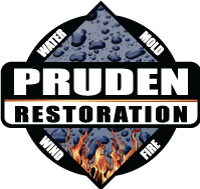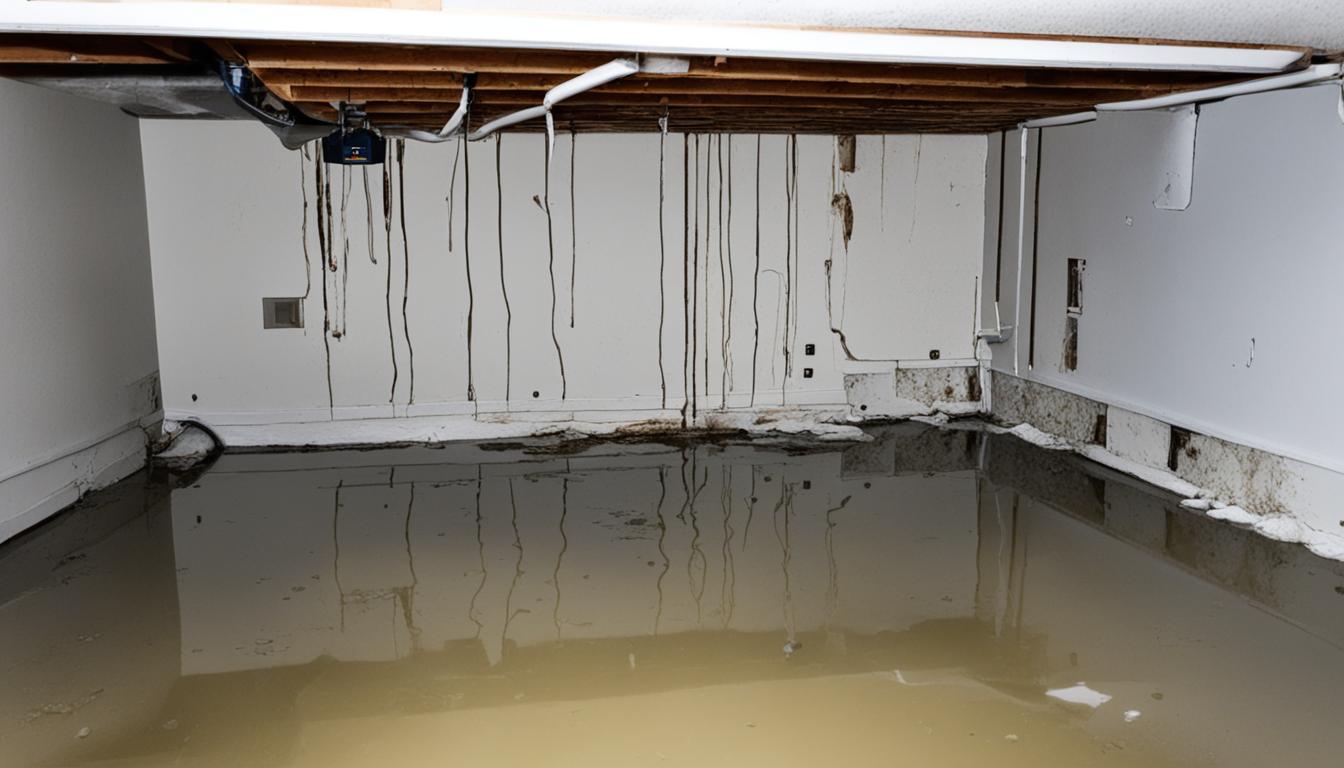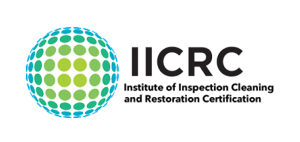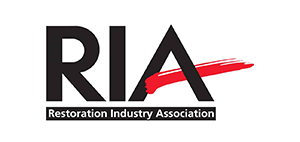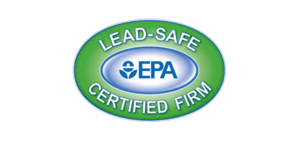Welcome to our informative article on the main cause of water damage in homes. Understanding the common causes of water damage is crucial for homeowners like you, as it helps you stay prepared and take the necessary steps to protect your property. In this section, we will explore the primary causes of water damage and provide you with valuable prevention tips to safeguard your home.
Water damage can occur due to various reasons, ranging from plumbing issues and appliance malfunctions to roofing problems and poor drainage systems. By familiarizing yourself with these causes and implementing preventive measures, you can significantly reduce the risk of water damage and its potential consequences.
But don’t worry, we’re here to guide you through it all. With our expert tips and insights, you’ll gain the knowledge you need to protect your precious investment. Let’s dive in and uncover the main causes of water damage in homes, along with practical prevention tips that can save you from unnecessary headaches and costly repairs.
Key Takeaways:
- Understanding the main causes of water damage is essential for homeowners.
- Prevention is key to protecting your property from water damage.
- Common causes include plumbing issues, appliance malfunctions, roofing problems, and poor drainage systems.
- Implementing preventive measures can significantly reduce the risk of water damage.
- Stay informed and address any water damage issues promptly to minimize the potential consequences.
Plumbing Issues: A Leading Cause of Water Damage
When it comes to water damage in homes, plumbing issues are a primary culprit. Leaks, burst pipes, and faulty plumbing can wreak havoc on your property if left unaddressed. These issues can arise from a variety of factors, including aging infrastructure, poor maintenance practices, and even extreme weather conditions. It is essential to understand the specifics of these plumbing problems and take proactive measures to prevent water damage.
Aging infrastructure is a common cause of plumbing issues. Over time, pipes can corrode, develop cracks, or become weakened, leading to leaks and potential water damage. Additionally, inadequate maintenance, such as ignoring regular inspections and neglecting necessary repairs, can exacerbate plumbing problems.
External factors like extreme weather conditions can also contribute to plumbing issues and subsequent water damage. Cold temperatures, for example, can cause pipes to freeze and burst, leading to extensive water leakage and potential flooding.
Preventing water damage caused by plumbing issues requires a proactive approach. Regular inspections, maintenance, and timely repairs are crucial to keeping your plumbing system in optimal condition. Additionally, implementing effective insulation measures to protect pipes from freezing during the winter months can help prevent burst pipes and subsequent water damage.
Preventive Measures to Avoid Water Damage caused by Plumbing Issues:
- Regularly inspect pipes, fittings, and connections for signs of wear and tear.
- Fix leaks and repair faulty plumbing immediately to prevent water damage.
- Ensure proper insulation of pipes in vulnerable areas, such as basements and crawlspaces, to prevent freezing and potential burst pipes.
- During extreme weather conditions, open cabinet doors to allow warm air circulation around pipes.
- Disconnect outdoor hoses before winter to prevent frozen pipes.
- Maintain proper water pressure to prevent stress on pipes and fittings.
- Consider installing leak detection devices and automatic shut-off valves for added protection.
- Regularly clean gutters and downspouts to prevent water accumulation and potential overflow.
- Have a professional plumber conduct regular inspections and maintenance of your plumbing system.
By addressing plumbing issues promptly and implementing preventive measures, you can significantly reduce the risk of water damage in your home. Remember, proactive maintenance is key to safeguarding your property and ensuring peace of mind.
Appliance Malfunctions: Another Common Cause of Water Damage
Malfunctioning appliances can lead to water damage in your home, posing a significant risk to your property. Appliances such as washing machines, dishwashers, and refrigerators are commonly associated with appliance malfunctions that can result in leaks and subsequent water damage.
When a washing machine experiences leaks, it can saturate your floor and walls, potentially causing structural damage and leading to mold growth. Dishwasher leaks can damage your kitchen cabinets and flooring, while refrigerator leaks can seep into your subfloor and cause long-term damage to your kitchen.
To prevent water damage caused by appliance malfunctions, it is important to perform regular maintenance and inspections. Here are some preventive measures you can take:
- Inspect and replace hoses: Check the hoses of your washing machine and dishwasher for any signs of wear or cracks. Replace them if necessary to prevent leaks.
- Clean and maintain filters: Regularly clean and replace filters in your appliances to prevent clogs and ensure proper functioning.
- Check for leaks: Monitor your appliances for any signs of leaks, such as puddles or water stains. Address leaks immediately to prevent further damage.
- Professional maintenance: Schedule regular professional maintenance for your appliances to identify and address any potential issues before they lead to water damage.
By following these preventive measures, you can reduce the risk of appliance malfunctions causing water damage in your home. Remember, proactive maintenance and prompt repairs are crucial to safeguarding your property.
| Appliance | Common Malfunctions | Preventive Measures |
|---|---|---|
| Washing Machine | Leaks, hose failures | Regularly inspect and replace hoses, check for leaks |
| Dishwasher | Leaks, faulty seals | Clean and maintain filters, address leaks promptly |
| Refrigerator | Leaking water lines, clogged drainage | Check and maintain water lines, ensure proper drainage |
Roofing Problems: A Contributor to Water Damage
When it comes to protecting your home from water damage, addressing roofing problems is crucial. Roof leaks, damaged shingles, and clogged gutters can lead to water seepage and extensive damage if not promptly addressed. It is important to identify these issues early on and take appropriate measures to mitigate the risk of water damage.
Roof Leaks: One of the most common roofing problems that can contribute to water damage is roof leaks. Over time, exposure to harsh weather conditions, such as heavy rain or snowstorms, can cause the roof to develop leaks. These leaks allow water to seep into your home, resulting in damage to your ceilings, walls, and even your belongings.
Damaged Shingles: Another roofing issue that can lead to water damage is damaged or deteriorating shingles. Age, extreme weather conditions, or poor installation can cause shingles to become cracked, curled, or missing. Damaged shingles create vulnerabilities in your roof’s protective layer, allowing water to penetrate and cause damage to the underlying structure.
Clogged Gutters: Clogged gutters are a common problem that can also contribute to water damage. When gutters are clogged with debris, such as leaves and twigs, they can no longer effectively channel rainwater away from your home. This can lead to water overflowing from the gutters and seeping into the foundation or basement of your home, causing damage and potential flooding.
Regular maintenance and timely repairs are essential for preventing roofing problems that can lead to water damage. It is recommended to inspect your roof regularly for any signs of leaks, damaged shingles, or clogged gutters. Addressing these issues promptly can help safeguard your home against water damage and the costly repairs that may follow.
| Roofing Problem | Effects | Prevention Tips |
|---|---|---|
| Roof Leaks | – Water damage to ceilings, walls, and belongings – Mold and mildew growth |
|
| Damaged Shingles | – Water penetration into the underlying roof structure – Interior water damage |
|
| Clogged Gutters | – Overflowing water damaging foundation and basement – Increased risk of roof leaks |
|
Poor Drainage Systems: A Hidden Cause of Water Damage
Poor drainage systems can often be the hidden culprit behind water damage around your property. When your property’s drainage is inadequate, water cannot effectively be diverted away from your home, leading to potential flooding, seepage into basements, foundations, and other vulnerable areas.
Improper grading, which refers to the way the ground slopes around your home, is a common issue that hampers proper drainage. If the grading is incorrect, water can accumulate near your property instead of flowing away, increasing the risk of water damage.
Blocked drains are another contributing factor to poor drainage systems. When drains become clogged with debris, leaves, or other obstructions, water cannot flow freely through them, resulting in potential backups and further exacerbating the risk of flooding.
To prevent water damage caused by poor drainage systems, it is important to take proactive measures. One way to improve drainage is by ensuring proper grading around your property. This might involve regrading the soil to create a slope away from your home, allowing water to flow naturally. Consulting with a landscaping professional can help determine the best approach for your specific situation.
Regularly inspecting and maintaining your drainage system is also crucial. Clearing debris from gutters and downspouts, trimming vegetation near drain openings, and installing drain covers can help prevent blockages and ensure the smooth flow of water. Additionally, considering the installation of French drains or a sump pump system can provide further protection against potential flooding.
Improving Your Home’s Drainage: Preventing Water Damage
- Inspect your property’s grading and consider regrading if necessary to ensure proper water flow away from your home.
- Maintain gutters and downspouts by clearing debris regularly and repairing any damages.
- Install drain covers to prevent leaves and debris from clogging your drains.
- Ensure downspouts direct water at least 5 feet away from your home’s foundation.
- Consider the installation of French drains or a sump pump system for additional protection against flooding.
By addressing poor drainage systems and taking proactive steps to improve the flow of water around your home, you can significantly reduce the risk of water damage and safeguard your property.
Conclusion
In this article, we have explored the most common causes of water damage in homes: plumbing issues, appliance malfunctions, roofing problems, and poor drainage systems. By understanding these causes and implementing the prevention tips provided, you can protect your property from potential water damage.
It is crucial to stay vigilant and address any issues promptly to minimize the risk of water damage in your home. Regularly inspect your plumbing system, appliances, and roofing to identify potential leaks or malfunctions. Additionally, ensure proper maintenance of your drainage system to prevent water buildup around your property.
Remember, taking proactive measures to prevent water damage can save you from costly repairs and the inconvenience of dealing with extensive damage. By following the guidelines outlined in this article, you can safeguard your home and maintain its integrity for years to come.
FAQ
What are the common causes of water damage in homes?
The common causes of water damage in homes include plumbing issues, appliance malfunctions, roofing problems, and poor drainage systems.
What are some prevention tips to protect my property from water damage?
To protect your property from water damage, you can take preventive measures such as regularly inspecting and maintaining your plumbing system, ensuring proper installation and maintenance of appliances, conducting regular roof inspections, cleaning clogged gutters, and improving your home’s drainage system.
How do plumbing issues contribute to water damage?
Plumbing issues, such as leaks, burst pipes, and faulty plumbing, can lead to water damage by causing water leakage and flooding in your home.
What are the common appliance malfunctions that can cause water damage?
Common appliance malfunctions that can cause water damage include washing machine leaks, dishwasher leaks, and refrigerator leaks.
How can I prevent water damage caused by appliance malfunctions?
To prevent water damage caused by appliance malfunctions, you should regularly inspect and maintain your appliances, ensuring proper connections, and promptly addressing any leaks or malfunctions.
How can roofing problems contribute to water damage?
Roofing problems, such as roof leaks, damaged shingles, and clogged gutters, can allow water to seep into your home, leading to water damage.
What are some prevention tips for addressing roofing problems?
To mitigate the risk of water damage caused by roofing problems, you should conduct regular roof inspections, repair damaged shingles promptly, clean and maintain gutters to prevent clogging, and ensure proper roof drainage.
How can poor drainage systems contribute to water damage?
Poor drainage systems, often caused by improper grading or blocked drains, can result in water seepage and flooding around your property, leading to water damage in basements, foundations, and other vulnerable areas.
What can I do to improve my home’s drainage and prevent water damage?
To improve your home’s drainage and prevent water damage, you can ensure proper grading, regularly clean and maintain drains, consider installing drainage systems or French drains, and redirect water away from your home’s foundation.
